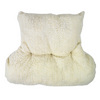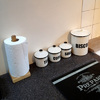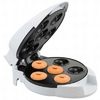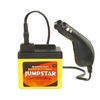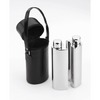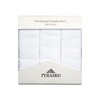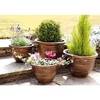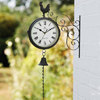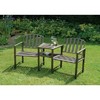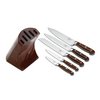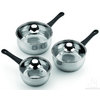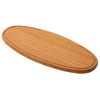Green Guides
Everyone’s aware of the need to be ’green’ these days and we all do our best to reuse, recycle and buy from sustainable sources. When you do have to buy new, there are lots of products and designs to help you do it in as eco-friendly a way as possible.
Doing your bit for the Environment
The range of ’green’ options available can be mind-boggling at first, but all you need to do is decide what’s best for you. It’s not about making major sacrifices and giving up the things you enjoy - it’s about making a few minor changes and adjustments to your lifestyle.
Helping to preserve the rainforests and cutting CO2 emissions is important to everyone on the planet, but a lot of the changes you can make straight away are closer to home. Choosing what you buy, eat, use, discard and how you light and heat your home also have a major impact and can go a long way to improving everybody’s quality of life.
Our Green Guides will help you do your bit and save money at the same time.
Here are our Top Green Tips:
- Eat foods that are organically grown locally and in season. They’re healthier and require less packaging and transportation.
- Choose plant-based soaps, shampoos and moisturisers rather than ones that use petro-chemicals. Your skin absorbs up to 60% of what you put on it, so be aware of what you’re putting your body through.
- Everything we buy is made from something and has an environmental impact. Try and buy ’greener’ in the first place - wood and paper from sustainable sources, organic cotton, fairtrade coffee etc. Not only does it help reduce waste (and landfill) but also encourages fairer farming and manufacture practices.
- If you can generate your own power (wind or solar) or buy renewable energy great - if not, try and use it ore wisely. Switch off lights when not needed; turn TVs and computers off standby and change to energy-saving bulbs.
- Reduce your carbon footprint by thinking about how you get around. Get on your bike instead of jumping in the car for a short trip to the shops, or better still walk or take public transport. If you’re going on a long journey, consider taking a train or boat instead of a plane if possible.
- Consume less and recycle more. Nothing really gets thrown away, just buried in landfill sites.
- What you wear can have a big impact too. It’s not just what they’re made of (look for natural cottons rather than synthetics) but how you wash and care for them. Low temperature washes and eco-friendly powders all help.
- Save water - it’s probably the most wasted resource we have. Don’t run taps unnecessarily and use rain and wastewater for the garden. Switch from bottled water - you’ll save money and a mountain of plastic waste.
- Think about the human impact of what you’re buying. Really cheap prices are usually the result of sweatshops or child labour. Buying Fair Trade ensures workers are properly rewarded and have decent working conditions.


